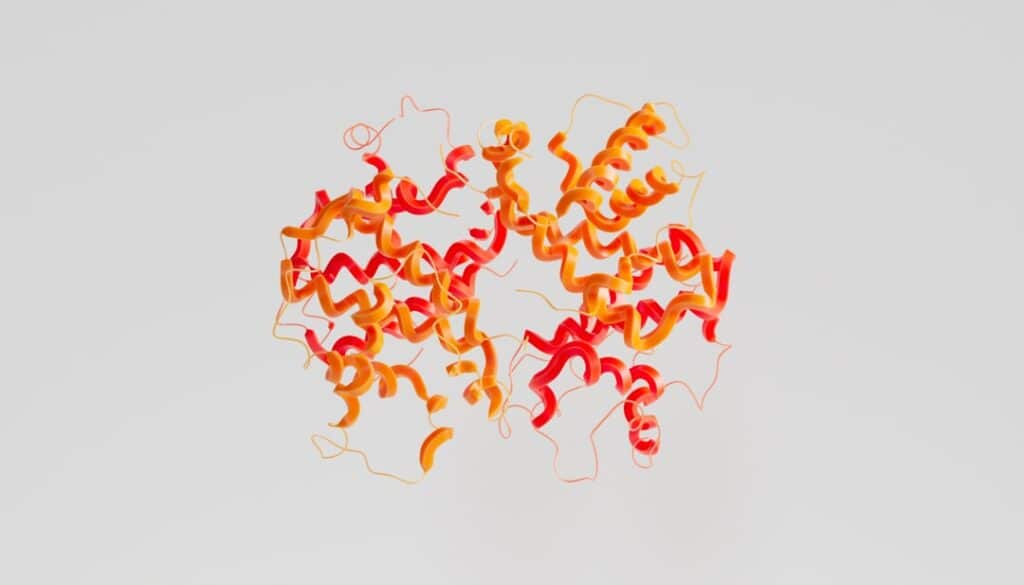The Institute for Functional Medicine promotes proactive choices regarding lifestyle, diet, environment, and social determinants to positively influence and balance your immune system function.
At AustinMD we follow the principles of Functional Medicine to assess your unique lifestyle, dietary, environmental, and social factors to create and manage a personal immune resilience plan.
The following general categories and recommendations serve as the foundation of our assessments, recommendations, and treatment plans for our immune-rejuvenation protocols.
Stress Management
Chronic stress causes your body to produce greater levels of the stress hormone cortisol, leading to increased levels of inflammation. In addition, chronic stress decreases the body’s lymphocytes-the white blood cells that fight off infection.
The lower your lymphocyte level, the more at risk you are for contracting a virus. Set aside time each day to do something that gives you a sense of peace.
- Reading
- Walking outside in Nature
- Meditation/Prayer
- Yoga practicing yoga also lowers stress hormone levels and calms your nervous system to reduce inflammation
- Relaxation Techniques such as breath work
Restorative Sleep
Focus on getting 7–8 hours of restful sleep daily. Sleep plays an important role in immune system health. Restorative sleep is determined by the quantity, quality, and consistency of sleep pattern.
- A consistent sleep pattern stabilizes our internal “circadian clock” and plays an important role in coordinating functions of the immune system.
- Sleep hygiene-no electronics at least 2 hours prior to bedtime and leave the cell phone out of the bedroom.
Nutrition
Nutrition is not one-size-fits-all. Our Functional Medicine Dietitian will assess your individual lifestyle, test results and dietary preferences to design a personalized immune-boosting dietary plan for you.
While no one diet will optimize immune function for everyone, the following guidelines are foundational to an immune-rejuvenation approach:
- Don’t overeat. Control your calories to promote proper body weight. Don’t consume excessive sweet foods or beverages. High sugar intake and elevations in blood glucose have a negative impact on the immune system.
- Understanding that to optimize immune resilience you need to limit excessive intake of foods that are high in saturated fats, especially those found in meat products because they are known to have an adverse impact on immune function – is of paramount importance.
- Consume an anti-inflammatory, low-glycemic-load diet that puts minimal stress on insulin and metabolism. The Mediterranean diet is an excellent example of this approach. This pattern of eating prioritizes consumption of vegetables, nuts, extra virgin olive oil, fish, lean meats, legumes, herbs, spices and fruits.
- Eat foods higher in soluble and insoluble fiber. This would include minimally processed vegetables, fruits, legumes, and whole intact gluten-free grains. Also, just 1-2 T of, chia seeds, ground flax seeds or psyllium husk provide a major fiber boost!
- Consume vegetables of many colors to feed your body an array of immune-supportive phytonutrients.
Support Gut and Microbiome Health
Estimates are that at least 70% of our Immune System resides in our gut. This is because within our gut resides a “community” of microorganisms collectively known as the microbiome.
The human body contains trillions of microorganisms outnumbering human cells by 10 to 1 and they play a vital role in human health and immune functioning.
Having a wide variety of these good bacteria in your gut can enhance your immune system function and provide numerous other benefits, as each of these carries out different functions within the body.
The key component of a microbiome-friendly diet is ensuring the intake of a diverse blend of plants and different fiber sources. The more diverse the diet, the more diverse the microbiome will be leading to a resilient and robust community of microorganisms and functioning.
This is because each species of “gut bug” has its own preferential “fiber food” that feeds the microbiome, allowing them to reproduce and produce beneficial compounds and nutrients essential for our survival.
- Consume a wide variety of fiber-rich colorful vegetables and fruits, gluten-free whole grains, nuts, seeds. Aim for a minimum of 28-35 grams of fiber daily.
- Eat fermented vegetables or other probiotic-containing foods to boost the balance and health of our microbiome and gut barrier function boost our immune resilience
- It is important to try to eat organic plant-based foods and antibiotic-free meats as pesticides and antibiotics will kill off many beneficial species of microorganisms.
Time-Restricted Eating for Immune Resilience
This practice involves confining your food intake to a 10-hour period of each day, and then avoiding both food and beverages for 14 hours. Time-restricted eating has been found to be helpful in stabilizing metabolism, gut health and immune function.
Limit Toxin Exposure to Boost Immune Resilience
Avoid exposure to chemicals in the air, water, and food. This includes the excessive use of over-the-counter drugs, home care products, and certain personal care products that can potentially place a burden on our immune systems and damage our microbiome.
In addition, please utilize the Environmental Working Group (EWG) website as a resource for identifying safe foods and products: https://www.ewg.org/
- Organic Food (EWG Dirty Dozen and Clean 15)
- Clean Skin Care
- Clean Household Cleaning Products
Exercise to Power Immune Resilience
Regular daily activity & movement can have a very positive impact on immune system function. In contrast, over-training has been found to have an adverse effect on the immune system. Finding your personal balance is the key.
To maximize the benefits of activity and movement, it is best to take a walk outside in nature for at least 20-30 minutes most days of the week. Research has proven this is a potent stimulator of calming neurotransmitters and since our microbiome begins in our nose this will enhance the diversity of our microbiome.
In the current environment and time we are living in, we all need to be diligent about optimizing the strength of our immune system and health.
May we all use this time to reflect and make positive lifestyle changes that will reduce our immediate risk of viral infections, as well as the long-term risk of chronic disease and boost our immune resilience.
References
- https://www.ncbi.nlm.nih.gov/pmc/articles/PMC7030790/
- https://www.ncbi.nlm.nih.gov/pmc/articles/PMC7445137/
- https://www.ncbi.nlm.nih.gov/pmc/articles/PMC7482148/pdf/imcj-19-54.pdf
- https://www.ncbi.nlm.nih.gov/pmc/articles/PMC3779803/
- https://www.healthline.com/nutrition/gut-microbiome-and-health#TOC_TITLE_HDR_2
- https://www.healthline.com/health/gut-health#treatment
- https://www.ncbi.nlm.nih.gov/pmc/articles/PMC3426293/









